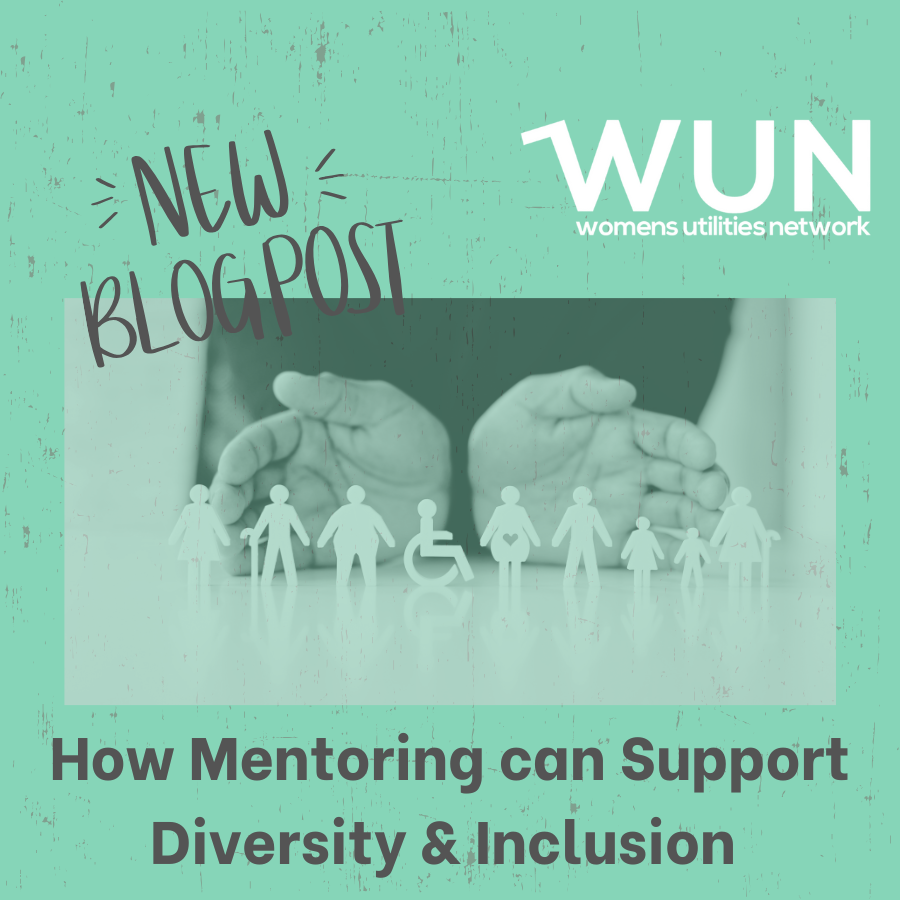How mentoring can support diversity and inclusion.

The CIPD, the professional body for human resources and learning & development professionals, sets out that promoting and delivering equality, diversity and inclusion in the workplace is an essential aspect of good people management. It’s about creating working environments and cultures where every individual can feel safe, experience a sense of belonging, and is empowered to achieve their full potential.
In addition, studies have shown that workplaces with diverse and inclusive cultures have better business outcomes. A Deloitte study found that when team members feel represented, innovation improves by a staggering 83%. Whilst McKinsey & Company’s “Diversity Wins” report found that companies with more diverse executive teams outperformed their industry peers in profitability by 33%.
So how can Mentoring support equality, diversity and inclusion?
Mentoring is a powerful tool for personal and professional development. It can help the Mentees develop their self-awareness, emotional intelligence and communication skills necessary to work effectively in diverse teams. It can also help the Mentors recognise their biases, prejudices and misconceptions, fostering personal growth and empathy.
However, for this to be successful, the Mentor themself needs to be in tune with equality, diversity and inclusion.
The Mentor needs the following:
• Ability to recognise biases – in themselves, as well as in the Mentees.
• Cultural competence – they need to understand the nuances and challenges individuals from diverse backgrounds may face.
• Inclusive language – they need to use inclusive language and ensure that Mentoring processes are welcoming to all Mentees
For a Mentor to recognise their own biases, they need to undertake structured self-reflection, where they regularly examine their attitudes and behaviours to ensure that they are based on objective criteria rather than unconscious assumptions. However, it can be hard to reflect objectively on our own behaviours, so the Mentor may like to actively ask their Mentees and colleagues for feedback on their Mentoring style and interactions. The Mentor should also make a conscious effort to question their first impressions of others, ensuring they are looking beyond surface-level assumptions of people. In addition, the Mentor may want to consider engaging in continuous learning, such as workshops or reading books that focus on different cultures and perspectives to ensure they are broadening their understanding and to develop their cultural competence.
Language is powerful and inclusive language can help to promote and embed equality, diversity and inclusion. We all need to consider the impact of our words and phrases on others. We need to ensure that we do not use language that reinforces stereotypes or derogatory terms, patronises or trivialises groups of people, excludes groups of people, or causes discomfort or offence. Inclusive language acknowledges diversity and conveys respect to all people, includes welcoming words, phrases and expressions and challenges conscious and unconscious biases.
As with everything in life, how we communicate within a Mentoring relationship is important. Mentors and Mentees need to recognise that cultural, racial and gender sensitivity is essential. Practising communication skills in a cross-cultural context, as well as recognising and understanding cultural and gender biases is essential.